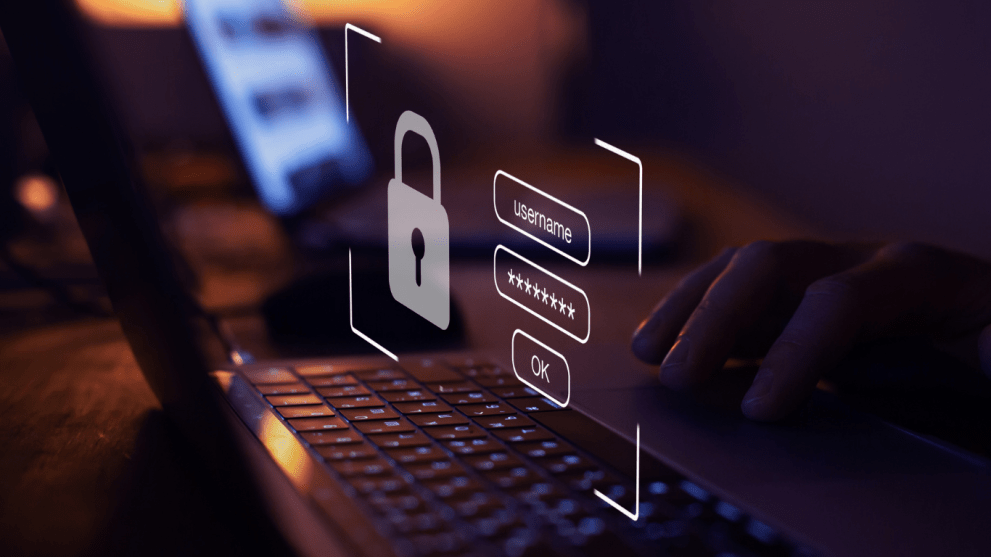When we hear about cyber attacks in the news, it is usually the large companies that make headlines. This often leads to the misconception that small and medium-sized enterprises (SMEs) are not targets of cyber criminals. However, this could not be further from the truth. In fact, SMEs are more vulnerable to cyber attacks than larger organisations.
According to a recent survey conducted by the British Insurance Brokers’ Association (BIBA), 96% of all cyber attacks are directed at SMEs. This alarming statistic highlights the importance of understanding the risks and taking appropriate measures to protect your business from cyber threats.
SMEs need to recognise that they are not immune to cyber attacks. In fact, many cyber criminals prefer to target SMEs because they often have less robust security measures in place and their users have not necessarily received appropriate security awareness training. Hackers know that SMEs tend to have fewer resources to dedicate to cyber security, making them an easier target.
The impact of a cyber attack on an SME can be devastating. The financial cost of a breach can be hefty as well as the significant downtime caused whilst investigations and remediation take place With the average cost of a data breach in the UK now exceeding £2.7 million, this is a cost that most SMEs simply cannot afford. Additionally, a breach doesn’t just financially cost you. It can damage your reputation and diminish customer trust, which can lead to a loss of business and even result in business closure.
So, what can SMEs do to protect themselves from cyber threats? Firstly, it is essential to have the appropriate cyber security protection in place. This includes common technology such as firewalls, malware detection, and encryption to protect your data from being accessed by unauthorised personnel. Additionally, implementing a strong password policy, adding multi-factor authentication for all services and providing regular employee training are all key steps in protecting your business from cyber threats.

Many businesses believe that implementing security has a heavy associated price. This is far from the truth and there are many simple steps you can take to add additional layers of security with little or no cost. The Cyber Essentials framework allows your business to adopt good security practices, with easily achievable configuration to protect your business from common online threats. We believe this is a must for any business and one that helps drive a security culture throughout the organisation.
It is also important to have a disaster recovery plan in place in case of a cyber attack. This should include a clear set of procedures for responding to a breach, as well as regular testing of your security systems to ensure they are working effectively.
Failure to do so can have serious consequences for your business. It’s better to be proactive and prepared than to regret the consequences of a cyber attack.




